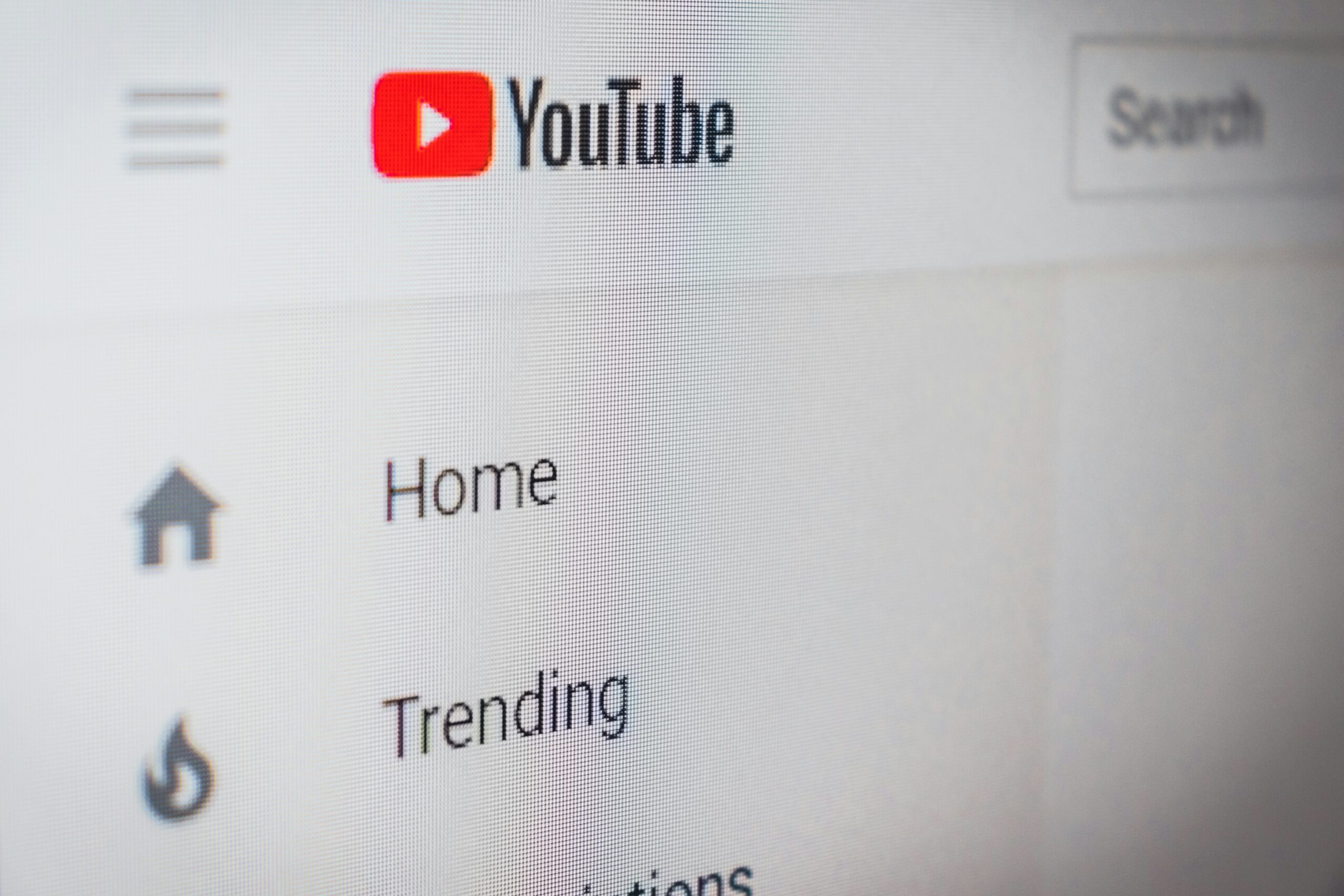YouTube has become a key platform for educational content in India, with UPSC exam-related videos emerging as the most popular category of such material. In a recent interview, Jonathan Katzman, YouTube’s director of product management for YouTube Learning, emphasized the platform’s commitment to providing a wide range of exam preparation content. This includes resources for competitive entrance exams like the National Eligibility cum Entrance Test (NEET) and the Joint Entrance Examination (JEE).
Katzman noted that many Indian creators have embraced live sessions, offering real-time solutions for students on the brink of exams. He described how these creators foster a strong sense of community by building close rapport with students and prioritizing their needs. “They really put the student front and center, creating an easy and supportive atmosphere,” Katzman remarked, highlighting the growing influence of Indian exam-prep creators on YouTube.
Riding the wave of India’s increasing demand for online education, YouTube recently announced a partnership with the National Council of Educational Research and Training (NCERT), a government body overseeing school education. This collaboration will see the launch of several new YouTube channels over the coming months.
Alongside the NCERT partnership, YouTube is rolling out 50 accredited courses in collaboration with the National Programme on Technology Enhanced Learning (NPTEL). These courses will cover subjects ranging from pure sciences and literature to sports psychology and rocket propulsion. “This initiative creates a pathway for anyone, even outside the IIT system, to take a course on NPTEL’s YouTube channels, complete the certification on the NPTEL-SWAYAM portal, and earn a certificate from IITs,” YouTube shared in a blog post, adding that more courses will be released in future.
Despite these strides, students in rural and remote areas face significant barriers to accessing online education, with limited internet connectivity and digital resources. According to the National Sample Survey Office (NSSO), just 24% of rural households have internet access, compared to 66% in urban areas. Katzman addressed this issue, stating, “We look to our partners in India to ensure that students in these areas have access to the necessary technology, whether through phones, computers in schools, or shared resources in their homes.” He reiterated YouTube’s mission to democratize learning by allowing new and established creators to produce valuable content and collaborate with educational organizations like NCERT, NPTEL, and CBSE.
In addition to these partnerships, YouTube is introducing AI-driven features to further enhance learning accessibility in India. Katzman discussed how the platform is using AI to develop innovative educational tools. One of these features, Key Concepts, uses AI to identify key topics covered in a video and pulls definitions from the web to help students understand concepts in subjects like biology, physics, and chemistry. “We use AI to understand how the creator presents each concept, weaving it together into a narrative that helps learners fully grasp the material,” Katzman explained.
Based on video transcripts and metadata, YouTube will also provide definitions and images sourced from Google’s Knowledge Graph. Additionally, AI-generated quizzes will help students assess their knowledge by providing questions relevant to the topics of the videos they’ve just watched. These quizzes will appear after the video concludes, allowing learners to test their understanding in real time.
Katzman also addressed fears that AI might eventually replace educators. “We’re not trying to replace teachers,” he asserted. “Our goal is to empower institutions and teachers by providing them with better resources to enhance their teaching and help them engage with students more effectively.”
On the topic of ensuring the reliability of educational content, Katzman mentioned that YouTube rigorously tests AI-generated features like quizzes to maintain quality, though he did not go into specific details. “If any content is flagged for inaccuracies, we can quickly remove it,” he said. “Creators must adhere to our community guidelines, ensuring that their content is reliable and trustworthy.”
